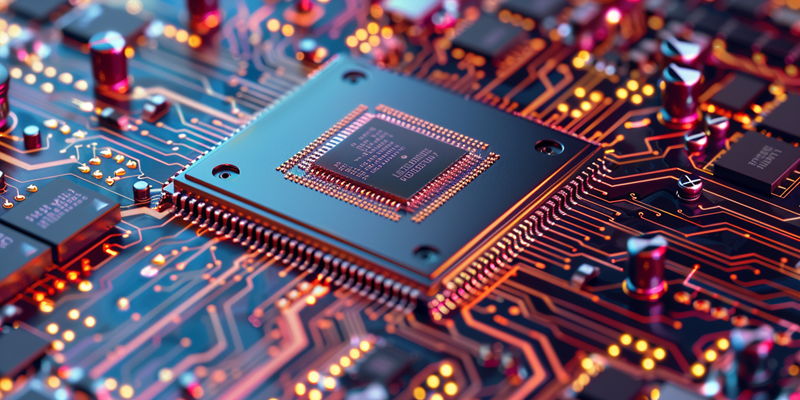The tech community is abuzz with anticipation as signs increasingly point to an imminent release of AMD’s next generation of desktop processors, possibly the Ryzen 9000 series. Speculation has been fueled by recent updates from motherboard manufacturers – MSI and Asus have released new BIOS firmware that includes support for AMD’s “next-gen CPU”. Embedded within these updates is the AGESA 1.1.7.0 code, which is a clear harbinger of the groundwork being laid for the introduction of the new ‘Granite Ridge’ CPUs and ‘FireFlight’ APUs based on the Zen 5 architecture.
The firmware updates, albeit still in beta, indicate that AMD’s launch could be fast approaching, and some industry insiders suggest as early as the third quarter, with rumors pointing to a possible July release window. If these hints converge into reality, it could mark a significant milestone for AMD in the highly competitive CPU market.
Preparing for the Next Generation
The Zen architecture has been AMD’s stalwart platform in its fight for market share against Intel. With each iteration, AMD has improved efficiency, performance, and thermal design. The upcoming Zen 5 processors are expected to continue this tradition, with some industry analysts predicting performance improvements in the range of 15% to 20% over the previous generation. With such a significant leap, these processors could reshape the competitive landscape and offer enthusiasts and professionals alike a new echelon of computational power.
These speculations have been further ignited by the possibility of a reveal at Computex in June, one of the industry’s most prominent trade shows, which has traditionally been a platform for major hardware announcements. This timeline aligns perfectly with the potential Q3 launch, setting the stage for AMD to unveil its vision for the future of desktop computing.
Market Impact and Consumer Expectation
AMD’s upcoming Zen 5 CPUs are poised to be industry game-changers if they can balance top-tier performance with competitive pricing. While enthusiasts eagerly expect a major leap, their success relies heavily on outclassing Intel while offering value. Although firmware updates hint at progress, official AMD details are sparse.
Market watchers and gamers are eager but should await confirmed specs to fully gauge Zen 5’s prowess and market impact. Until AMD’s official word, it’s wise to cautiously anticipate these potentially market-upsetting processors. As such, the industry braces for a significant moment in desktop CPU advancement, with eyes locked on AMD’s next move. With Zen 5’s promise, AMD’s market stance could witness a defining shift, provided they nail the delicate balance between power and affordability.

